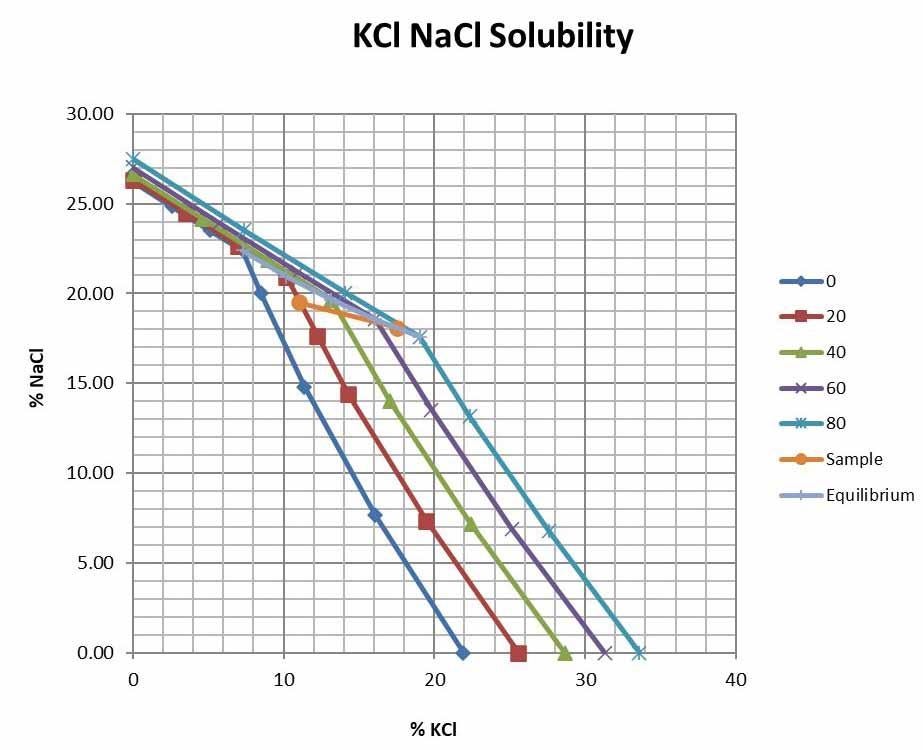
2 minute read
GoveRnMenT of CanaDa inveSTS in bHP PRoJeCT To DeveLoP a WoRLDLeaDinG LoW-eMiSSionS PoTaSH Mine
Investment will help create a greener, more sustainable mining industry and bring strong economic benefits to Saskatchewan
greening Canada’s mining sector is a crucial part of the transition toward a low-carbon economy. That is why the Government of Canada is making investments that will help build a greener future by supporting advancements in sustainable mining practices, while creating well-paying jobs that will support global demand for Canada’s critical minerals.
On January 30, 2023, the Honourable François-Philippe Champagne, Minister of Innovation, Science and Industry, announced an investment of $100 million through the Strategic Innovation Fund to support BHP’s $7.5 billion project to develop its world-leading low-emissions potash mine. This mine, located in Jansen, Saskatchewan, is expected to generate the lowest di- rect emissions of any potash mine in the world. Through this project, BHP will significantly minimize the carbon footprint of the mine, improve worker safety and implement technology to further reduce emissions from mine operations.
“This investment shows that our government is committed to the hard-working people of Saskatchewan, as well as to Canada’s mining and agricultural sectors. Potash is a critical and strategic resource in the global agricultural industry, and we are pleased to partner with BHP on this project to bring strong economic benefits to Saskatchewan,” said the Honourable François-Philippe Champagne, Minister of Innovation, Science and Industry. “This project will lead to the creation of hundreds of well-paying jobs for Canadians, while also encouraging green initiatives in the mining industry.”
We know how critical potash is for our country when it comes to food security. By investing in critical minerals today, we’re building a stable industry for future generations in Canada. This support will lead to the production of critical minerals that will support transformation and growth across the Canadian economy, while enabling BHP to transform its own operations, reduce greenhouse gas emissions, and prepare for a net-zero future.
This will ensure Canada remains a global leader in both potash production and sustainable mining. It will also provide critical environmental benefits and long-term benefits for the people of Saskatchewan by creating and maintaining 600 highly skilled jobs and over 100 co-op terms for students, supporting Indigenous communities through employment and economic opportunities, and cementing Canada’s leadership position in potash production. BHP has signed opportunities agreements with six First Nations.
“The demand for potash will continue to grow due to a need to increase crop yields to feed a growing population. Canada has some of the best potash deposits in the world, along with a great skill base and strength in resource de- velopment. We know that being successful is not just about what you mine, but also about how you mine, and we take this responsibility seriously,” said Ragnar Udd, president, Minerals Americas for BHP. “Jansen Stage 1 is setting a new standard for potash—not just for Canada, but around the globe. BHP is honoured to partner with the
Investing in Saskatchewan’s future. It’s happening now.
The BHP Jansen Potash Project is one of the world’s largest potash mines and the largest economic investment in Saskatchewan’s history, creating local employment and procurement opportunities, whilst providing the potash essential to help increase global food production.


The future is clear. It’s happening now.
To discover how, visit bhp.com/betterfuture government, Indigenous peoples, and the people of Saskatchewan to create a mine that will use the latest technology to deliver a productive, efficient, and sustainable operation that will bring widespread benefits to the region, the people of Saskatchewan, and BHP shareholders for decades to come.” l









